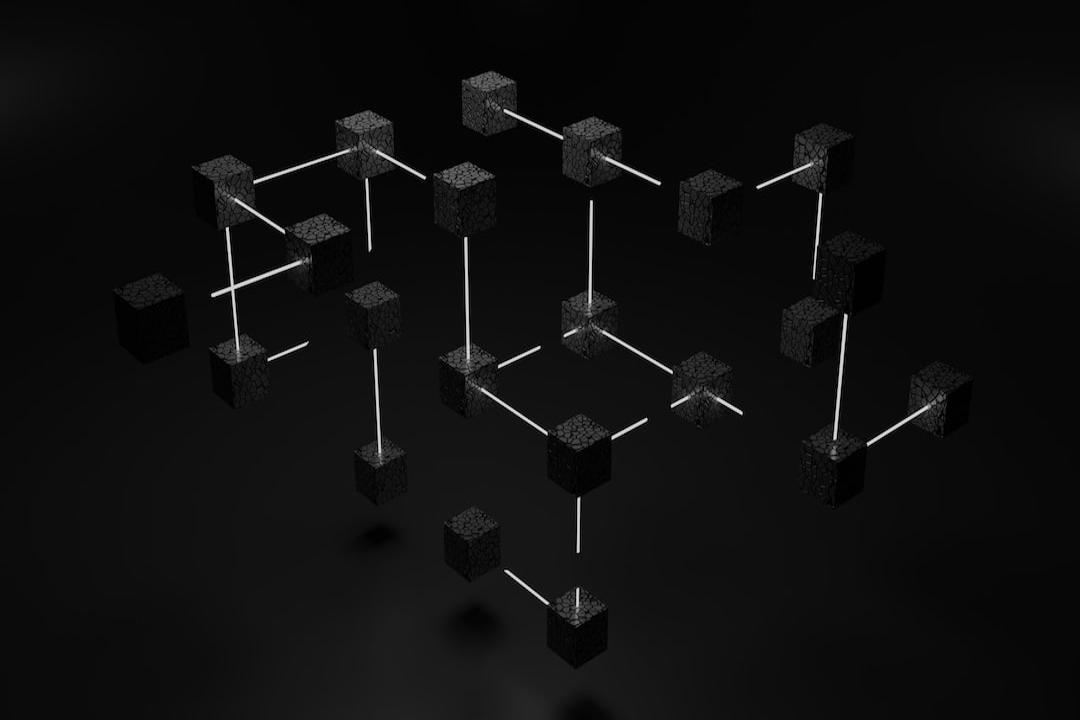Article by Tia, Techub News
The issue at hand is the lack of decentralization in current products, as they are typically designed by individuals or teams, leading to a centralized approach from the very beginning of the development process. Intentions serve as a great medium. When everyone shares the same intention or when collective intentions emerge, there may be a certain level of emergence, giving birth to a need, an idea, or a potential product.
I have encountered several DAOs, which are usually initiated by one person or a group of individuals centered around a vision, with decentralization only coming into play during the appointment of positions, determined through voting. Additionally, DAOs generally lack profitability, with funding typically coming from founders, other investors, or allocations from other projects. However, as a decentralized organization, the role of the founder is inherently incompatible with DAOs, which should be a product of collective wisdom rather than initiated by one person. Furthermore, a crucial aspect of operations – finances – should come from a group of individuals. This is not an ideal scenario. Firstly, DAOs should not allow investors to disregard profitability entirely and merely operate out of passion. Secondly, due to financial influences, it becomes challenging to ensure that the future development path of a DAO is not influenced by contributors.
However, the emergence of “intent” may change this situation. If the biological world relies on pheromones for information transmission, intention serves as an effective tool for social information transmission among humans, surpassing the current pricing-based methods of information transmission. Intent can manifest as thoughts, evolving into visions. Anoma’s Intent Machine allows users to express preferences and intentions, creating a conducive environment for groups with shared intentions and preferences to engage in collective creation. Therefore, perhaps we can build products or engage in collaborative creation based on a set of collective intentions.
As for funding issues, I believe we can explore the use of meme tokens to gauge a broader audience’s views on these intentions or preferences, allowing meme tokens to serve as more than just a medium for price-based preference expression. They can assess market views on these intentions and facilitate capital inflow and marketing for the next “creation” phase.
The remaining issue pertains to governance. Compared to the popular trends of DeFi, chain abstractions, and DApps, decentralized governance and DAOs have not received as much attention. Many underestimate the importance of governance. People often say, “in blockchain, we trust.” While it is true that we have eliminated the need for trust through code and smart contracts, what lies behind a series of codes actually represents a series of rule-making. Without achieving decentralized governance, web3 will eventually revert to the cycle of web2.
The benefits and drawbacks of leaders are apparent. The natural evolution of leaderless collective progress through intention is slow but steady. When an individual with significantly higher intelligence than the collective emerges, having them lead can expedite progress. However, there are many downsides, especially when collective intelligence lags significantly behind individual intelligence, making the collective vulnerable to deception, especially when another individual of equal intelligence but with malicious intent appears. Blindly following is not ideal; the collective needs to gradually develop its wisdom.
This is my personal political inclination; however, when viewed from a corporate perspective, it is a different matter altogether. Competition comes into play, distinguishing whether the main characteristic is a public good. Public goods are anti-competitive. From this perspective, it is possible to promote the construction of an anti-competitive society. But further research is needed to determine if there is a better solution. Alternatively, we can leave it as an open option for the group to choose.
The form of governance, the medium of governance, whether in the form of NFTs or tokens, whether economic value should be assigned, or if purity should be maintained, how voting weight should be determined – these require extensive systematic research.

